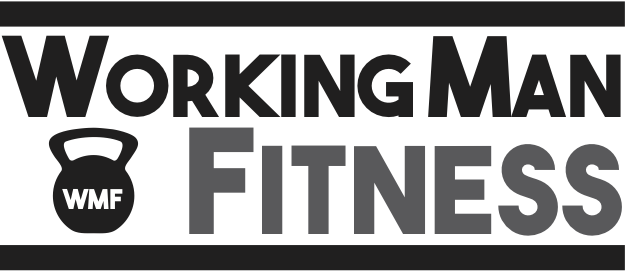“Addictions to sugar, drugs, alcohol, caffeine, nicotine not only undercut physical fitness, personal appearance, personality, and health, but will steadily diminish a person’s self-control, self-esteem, and happiness. Such addictions are rampantly common, yet widely unadmitted. Addictions and compulsions also undermine honesty because they constantly require dishonest rationalizations. That dishonesty, in turn, reduces self-esteem, competence, productivity…”
Since, the majority of your immune system is in your gastrointestinal tract, taking care to put the proper nutrients in your mouth can stave off the majority of health issues.
Mouth Responsibility: Something We Can All Work On
When you control what goes into your mouth, you can control the size of your body, the strength of your immune system, your resistance to fatigue, even your outlook on life.
Mouth Responsibility is Difficult
In the 1920s, William Muldoon, a trainer of men, an authentic, practice-what-you-preach, live-strong-well-into-your-80s type man, asserted that we know pretty well what we ought to do, it’s just that we don’t do it (he did). In other words, we make choices that are odds with our best interest.
If you’re putting something into your mouth—a cigarette, alcohol, coffee, sugar, processed foods—and you can’t control it, or you’re experiencing problems with it, then you have to adjust your behavior. You have to either learn to limit it or give it up entirely. If you limit it, you have to go through the tough process of figuring out how much you can have before it causes problems. While going through this process, you might uncover an answer that you don’t like—none.
Obvious and Not Obvious Transgressions
Some things are so obviously problematic that you don’t need to do any analysis at all. Cigarettes, for example.
Some of these items have very subtle effects.
Pay attention to whether you get stuffed up after drinking or eating certain food. Pay attention to how you feel the night after drinking. Pay attention to how you feel after eating a big meal. How do you feel after eating sugar? In other words, after putting something into your mouth, pay attention to what happens. Once you identify the negative effects, and they are there are, I assure you, then you have to determine whether you want to create problems in your life where none existed.
Honesty with Self
If you come to the point where you know certain things are causing problems, and you fail to do anything about, you’ll start to experience self-esteem and self-efficacy issues. You’ll have to start rationalizing and, in essence, lying to yourself. At that point, you’re fully aware you’re doing something that you shouldn’t be, and that it is impacting your health—both physical and mental.
Once you’re conscious, you have to question your actions and curb the irrational ones. Or, learn to accept the problems and lies that the irrational actions create in your life (many do this by drowning themselves in the Facebook newsfeed, alcohol, TV, excessive reading and studying, you name it—anything to escape).
But you can’t escape. You can’t have it both ways. Once you gain consciousness over a problem, and don’t address it, you suffer increasingly greater consequences until you do. I’ve seen it in myself and in others, time and time again.
So, what’s the point?
The point is that we need to learn to self-govern ourselves. Our health and wellness should be top priority and in first world countries there are no excuses. What we put into our mouth has a profound effect on our lives and livelihood.
Develop the self-discipline to make the right choices. Make a plan to learn how to eat.
